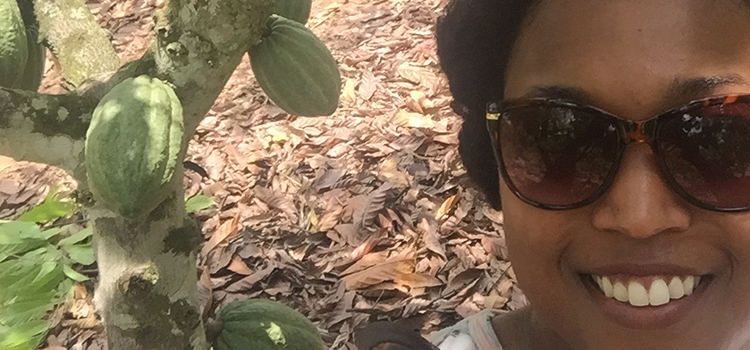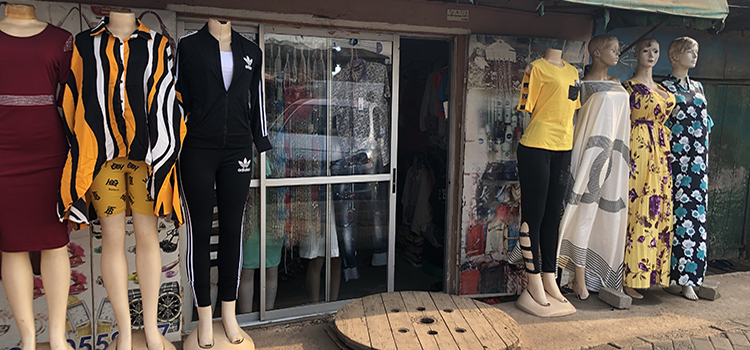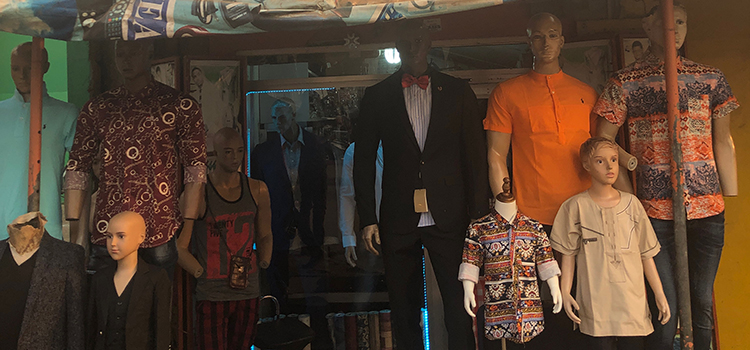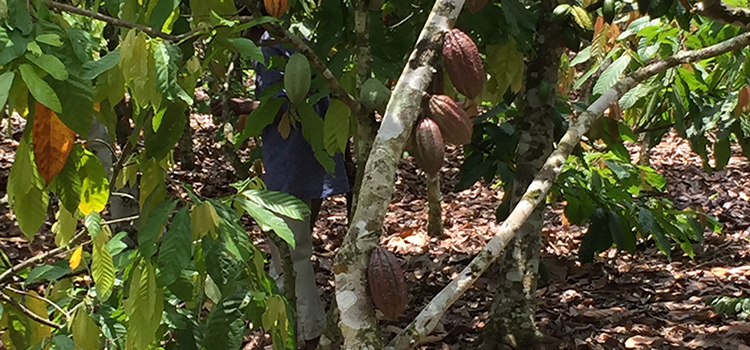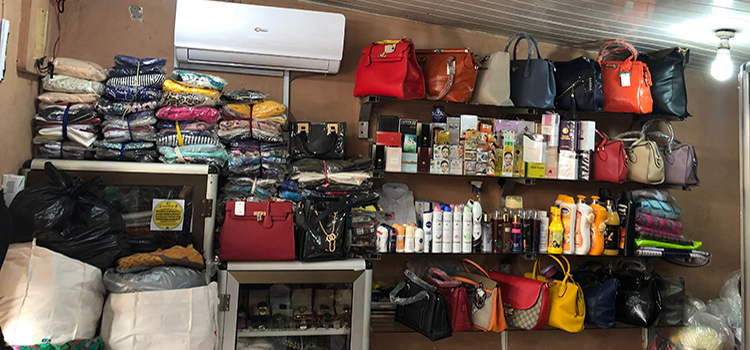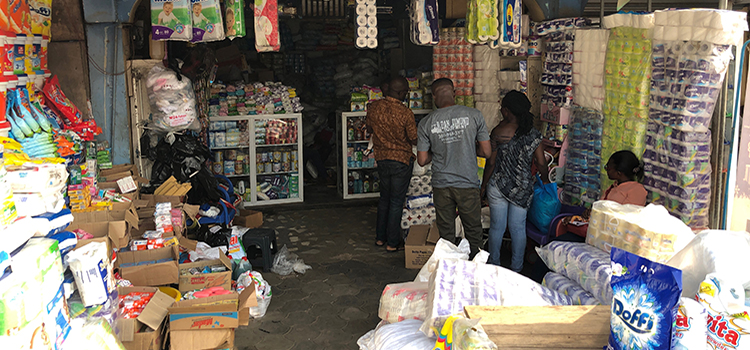A Champion for Change: Research Partnership on Local and Global Scales, Tipping the Scales of Social Justice to Serve Others Through Research
Posted on June 14, 2022 by MCOB
For Dr. Charlene Dadzie, assistant professor of marketing and quantitative methods, championing social justice isn’t just a research focus. It’s her life’s work.
Growing up in a bi-national American-Ghanaian household in Atlanta, Dadzie’s parents first took her to Africa when she was 10 years old.
“Seeing first-hand what it is like to live in a place like Ghana has always impacted me,” she said. “When I went in 1995, I began to understand how most of the world lives — less infrastructure, lower incomes and major differences in people’s living standards.”
While volunteering back home in Atlanta, Dadzie began to recognize similar discrepancies in living standards. With a keen awareness of the problems and inequalities around her, Dadzie has leveraged high levels of education — earning a master’s degree in industrial and labor relations and a Ph.D. in marketing— to bridge the gap between the academic community and policymakers to promote large-scale, long-lasting change.
Following her education and work at General Electric and Accenture, Dadzie transitioned into higher education and joined the Mitchell College of Business in 2016. Dadzie said her corporate experience was impactful, but she saw greater value in contributing theoretical insights to students that could then be applied to any organization. The combination of education and research has proved to be a well-balanced fit that is allowing her to advocate for a future of greater inclusion in the academic, public, and private arenas.
Dadzie notably received the Social Justice Research Grant in 2021, which supported local research on Africatown, a north Mobile community settled by descendants of Africans brought over on the Clotilda, the last-known slave ship to arrive in the United States. Choosing Africatown due to the evident socioeconomic and class disparities that remain along the Gulf Coast, Dadzie’s research uses a photographic method of identifying and documenting the personal experiences of community members in order to better communicate the current state and needs of the community. The findings of her research — low levels of access to healthy food, healthcare, services, and parks — confirmed the need for better consumer accessibility and inclusion locally. Dadzie also has collaborated with faculty in South’s psychology department to study the Jag Pantry, an organization for students in need of food or hygiene products. The primary goal in their research was to increase health services to individuals experiencing food insecurity at the University of South Alabama.
Dadzie said her passion for education is an integral part of her approach to research and advocacy. “A key value that I have in terms of research that I do is to look at any participants or informants as partners and recognize that I can learn from community members,” she said. If I have skills that can benefit them, they can also learn from me.”
She has taken several of her research papers and studies to the American Marketing Association’s Journal of Public Policy and Marketing and their Marketing and Public Policy Conference, where she has shared findings with academics and policymakers from around the country.
Dadzie’s research also has brought her back to her roots in Ghana, where she returned to conduct interviews shortly before the COVID-19 pandemic. She is studying the short-term, long-term and geographical spatial implications of climate change on subsistence producers such as cocoa farmers and fishermen in the Global South and how financial service systems might be designed or redesigned to better promote financial inclusion for urban micro-entrepreneurs.
“Globally, a lot of the world’s inhabitants are people who are engaged in farming or, more increasingly, micro-small-scale entrepreneurs who are city-dwellers,” Dadzie said. “They aren’t of interest to many traditional financial institutions like banks because the scale at which they earn income on a daily basis is so low that their ability to save is quite low. A cocoa farmer who is saving $5-10 after a harvest season isn’t financially attractive to financial institutions. So alternative financial mechanisms now like mobile payments and banking and, in the past, using checks to pay farmers, have all helped increase financial inclusion.”
Since her most recent trip to Ghana, Dadzie’s research has continued stateside with her advocacy for globally disadvantaged groups. Her aim is to provoke thought through education and connect the necessary entities, and people, to establish policies on national levels that impact large, underserved consumer segments, both at home and abroad.
“I want policymakers to have more tools in their toolkits to think about the policies that they make,” she said, “It’s also important for businesses to think about sustainable development. The United Nations and governments across the world are also thinking about these issues and potential solutions.”
-
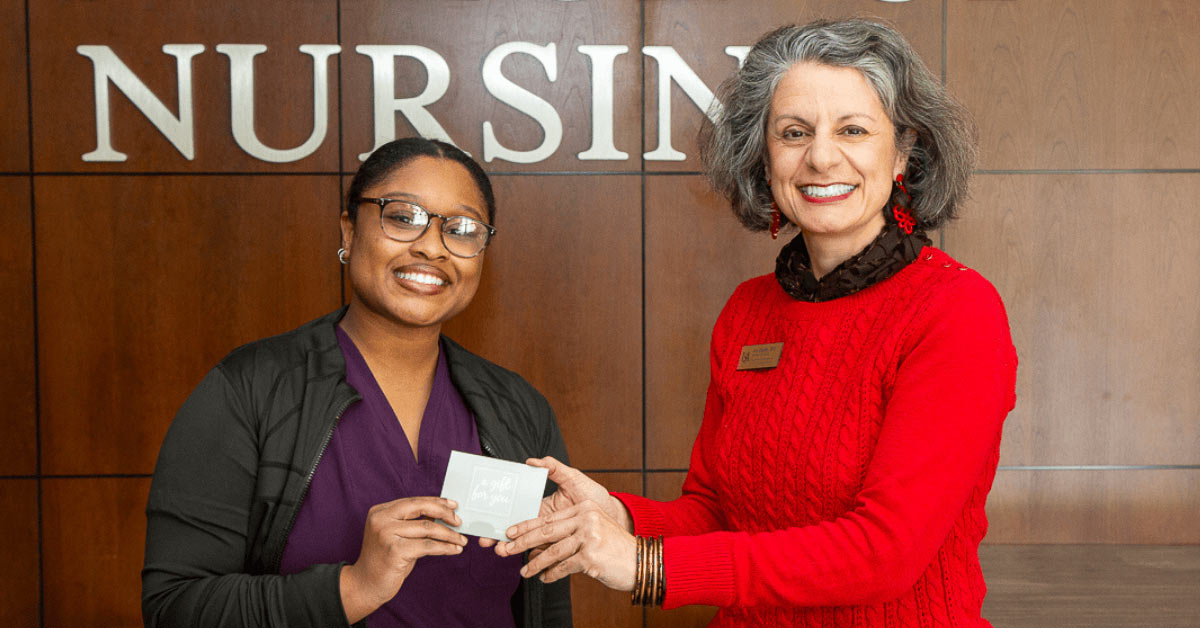
Fostering the Entrepreneurial Mindset In Budding Innovators
The Melton Center for Entrepreneurship and Innovation, in partnership ...
February 26, 2026 -
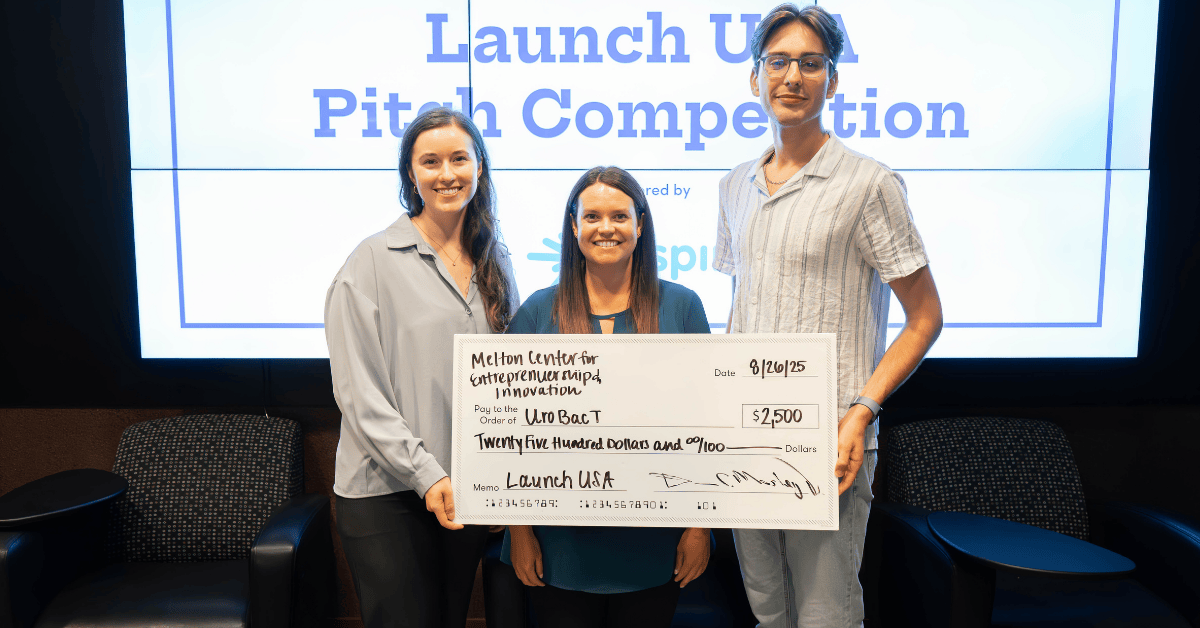
Melton Center Opens Applications for 2026 Launch USA Program
The Melton Center for Entrepreneurship & Innovation is proud to ho...
February 26, 2026 -
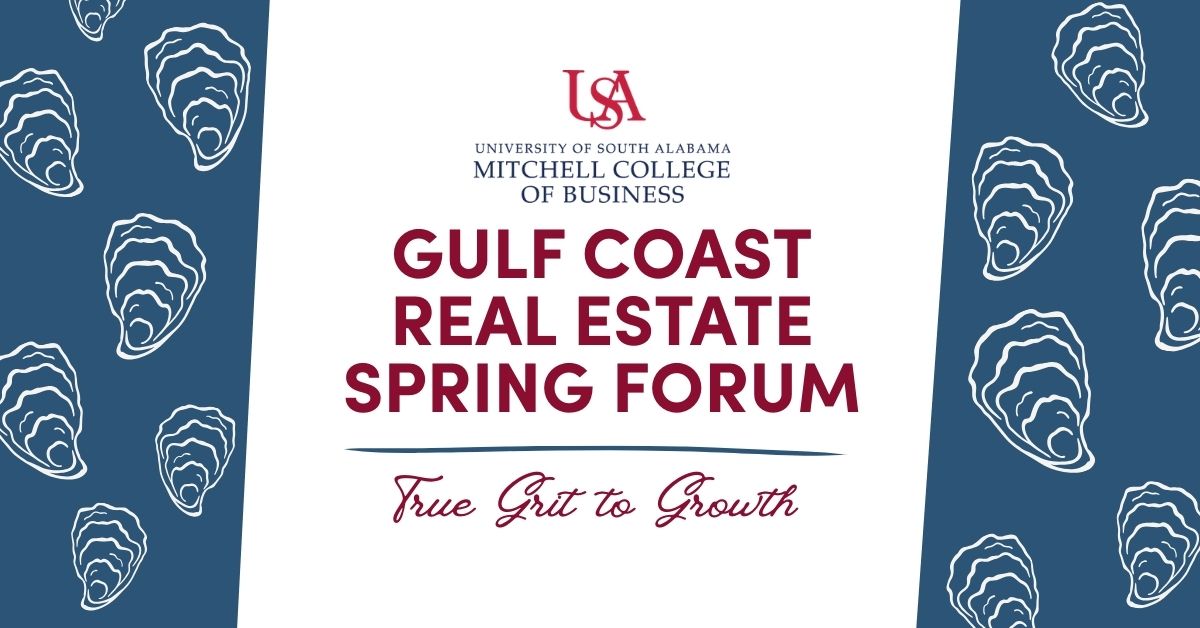
Real Estate Program Announces 2026 Spring Forum: "True Grit to Growth"
The Mitchell College of Business's real estate program will host ...
February 23, 2026 -
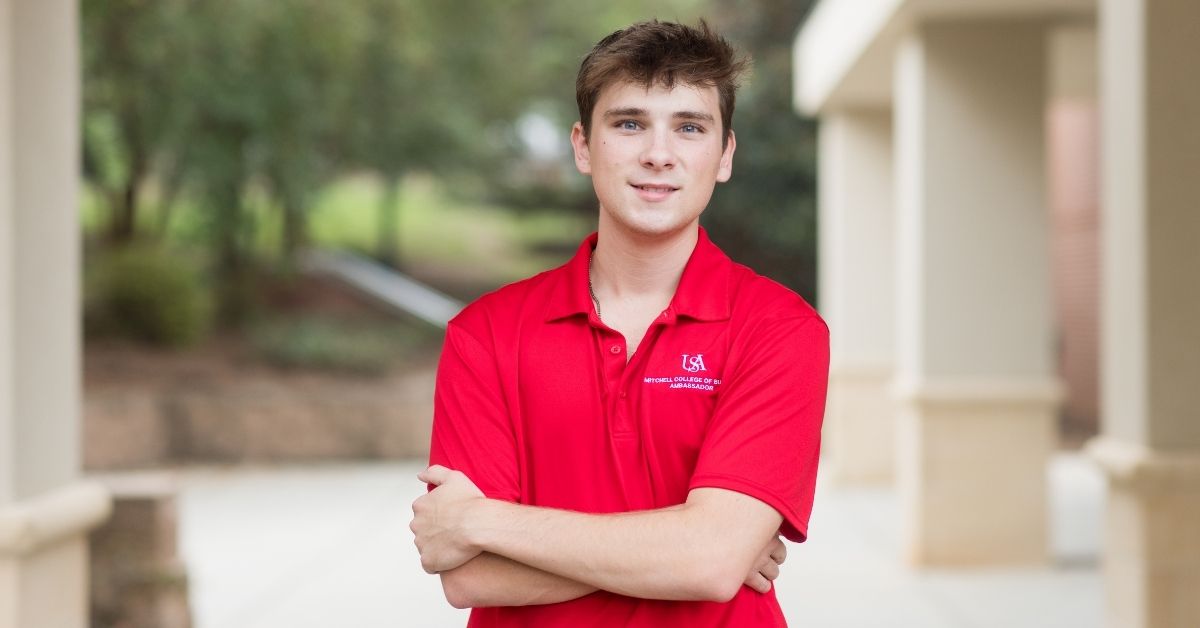
Supply Chain Major Clayton Howell Claims Alabama State Title in Microsoft Excel
The Mitchell College of Business is proud to recognize Clayton Howell,...
February 19, 2026

